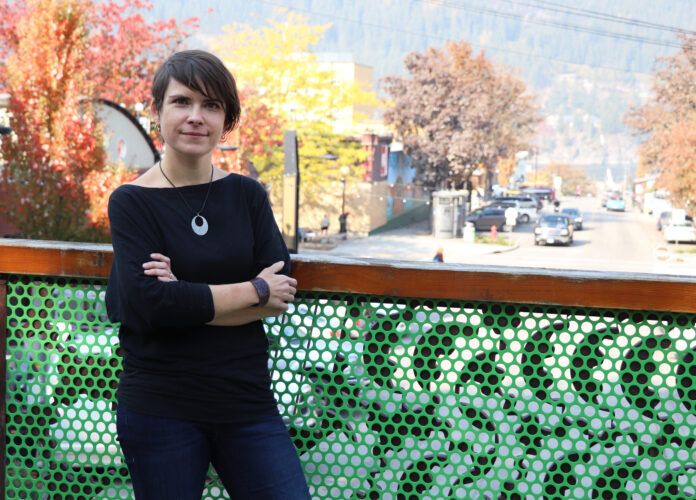Researchers, faculty and students at Selkirk College are embarking on a three-year project to address rural homelessness that aims to improve the well-being of those experiencing homelessness across the West Kootenay.
Spurred by a $360,000 grant from the Social Sciences and Humanities Research Council of Canada, the project brings together 17 supporting partners including local government, social service agencies, health care providers and post-secondary partners.
The Bridging Rural Homelessness and Well-Being: A Sustainable and Collaborative Regional Response social innovation project is being led by the team at Selkirk Innovates.
“The complex issues surrounding homelessness in our region are not community-specific and it requires a broader lens to provide the needed improvement to well-being of this vulnerable population,” says Jayme Jones, the project director at Selkirk Innovates.
“Securing funding is highly competitive, and we are grateful for the financial resources needed to carry forward this important project. The strength of this project is formed around the foundation of strong regional partnerships, which points to the urgent need for this type of rural context deep dive.”
Social service organizations in the West Kootenay have reported homelessness in the region is on the rise and made worse by the colliding crises that include housing, overdose/toxic drugs, pandemic and extreme weather. Response to support marginalized populations currently lacks a collaborative regional approach, which only adds additional challenges to organizations with limited resources.
In preparing the grant proposal, Jones and her team have brought together supporting partners that include the cities of Trail, Nelson, and Castlegar, regional districts of Central Kootenay and Kootenay Boundary, ANKORS, Interior Health, and ommunity services organizations.
All three West Kootenay municipalities committed $7,500 each to the project, providing the ability to secure additional funding for three student internships through a non-profit national research organization.
The interns will be student nurses who will conduct street outreach through the summer months for three years starting in 2023. With partner cash contributions, in-kind contributions and the other sources of funding, the entire project is an investment of more than $650,000 over three years.
The core project team consists of Selkirk College faculty, student research interns and a lived experience consultant.
“We’ve waited a long time for a regional approach to housing, homelessness, poverty, mental health and addictions,” says Deb McIntosh, co-ordinator of the Castlegar Community Harvest Food Bank.
“We recognize that we have been working in silos for far too long. We look forward to long term solutions for those most vulnerable in our communities throughout the region. We appreciate the efforts of Selkirk College and all involved.”
The project will conclude in 2025, with ongoing updates provided to community leaders and social service organizations.







